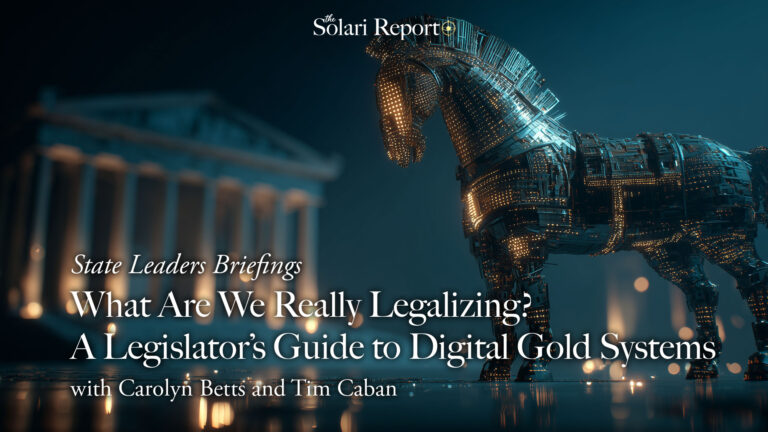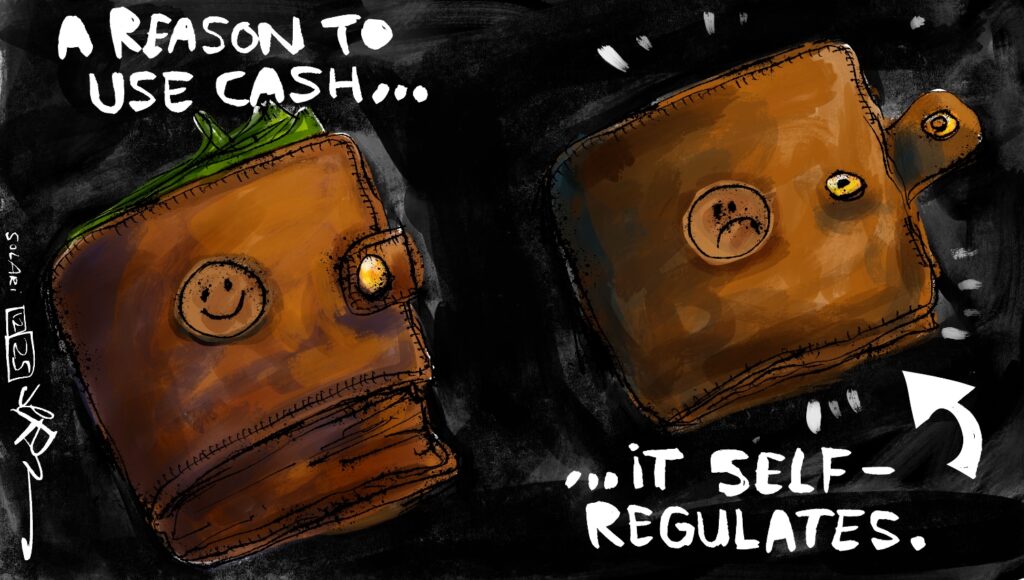Become a member: Subscribe

“[M]ost of us already knew that governments are involved in widespread internet censorship. But it is also important to understand the role of internet service providers, software corporations, and internet companies.”
~ UC Berkeley Townsend Center for the Humanities
By the Solari Team
For many years, the Solari Report has alerted our subscribers to the desirability of avoiding AT&T as an email and Internet service provider (ISP). In 2018–2019, AT&T blocked subscribers with AT&T email addresses (att.net as well as other domains acquired by AT&T) from receiving our emails for a full 15 months, without recourse or explanation, before removing the block. AT&T is notorious among the email postmaster community for its unresponsiveness in these situations, and to this day, it continues to periodically block our emails for short periods of time. Any business that censors its customers—often without disclosing that it is doing so—clearly lacks integrity.
Although AT&T is the most long-standing culprit blocking communications from Solari, it is not the only one—and email blocking is not the only tool in these companies’ bag of communication sabotage tricks. Comcast, for example, routinely delays delivery of our weekly newsletter (most recently delaying almost 1,200 messages), and Microsoft has done so as well.
Comcast—and local carriers that use Comcast infrastructure—have also created routing delays by running users through a “rat maze” of devices to throttle their Internet speed when connecting to Solari. Instead of using the industry-standard Open Shortest Path First (OSPF) routing protocol, it might take 26 rather than 8 “hops” to get to Solari, slowing down the speed with which users can connect to our site. A member of the Solari team routinely runs into this problem when trying to watch Money & Markets on Thursday evenings. As a writer at UC Berkeley once put it, delaying access to certain sites can give “the misleading impression that [the] sites are slow or unreliable.”
At one time or another, Solari has experienced email blocking from the following:
- Apple
- AT&T (including att.net as well as ameritech.net, bellsouth.net, currently.com, flash.net, nvbell.net, pacbell.net, prodigy.net, sbcglobal.net, snet.net, swbell.net, wans.net, and worldnet.att.net)
- Barracuda
- Cloudmark
- Deutsche Telekom AG
- Domeneshop
- GoDaddy
- Hornet Security
- Hushmail
- KPN
- Microsoft
- NetZero
- Rackspace (including emailsrvr.com and REAGAN.com)
- Spamhaus
- Yahoo
As we continue to emphasize, it is worth your time and effort to find and do business with email and Internet service providers who you can trust not to engage in these types of shenanigans.
Log in or subscribe to the Solari Report to enjoy full access to exclusive articles and features.
Already a subscriber?



















































































































I would recommend Posteo (posteo.de). Their service is cheap, it offers good security, and never stops me from receiving emails from Corbett, Solari, Patrick Wood, etc.
Popular options like Proton Mail should be avoided if possible. They offer “encrypted” email, but they also generate (and hold) your encryption keys on behalf of the user, so what’s the use?
Another downside of these services is how they force users to use webmail, making their users vulnerable to targeted attacks (using malicious JavaScript, for example). Proton will only let you use an email client if you have a premium plan AND install their “bridge” software.
Please use a trusted provider and a locally installed email client (like Thunderbird) to read emails. If you have the patience, it’s also worth learning how to use PGP keys: https://emailselfdefense.fsf.org/en/
A big thanks to the Solari team for bringing this to everyone’s attention.
Good to know about posteo. Seems to me far more people who arrange a dedicated email server – or do one with your Solari Circle. Privacy is worth it.
I use Startmail for a email service. They also have a search engine called Startpage.
Zoho has worked well for me for mail over the years and doesn’t have an ad revenue model.
Their privacy commitment has these three core features:
1. We don’t own your data, you do.
2. We will never sell your data.
3. We will never do advertisements.
https://www.zoho.com/privacy-commitment.html
Has anyone found an ethical internet provider or email service in Canada?
My son has been hosting our emails with a server in his basement using Kerio Connect for the past 30 years.
We have not noticed any censorship.
Wonderful Time to assert mastery and quality control over email.
Sorry, on second thought I believe it is more like only 20 years.
Quite sometime ago I recommended Rob Braxman, Catherine did post his site. He offers a de-Googled cell phone, ISP and other services. Any comments?